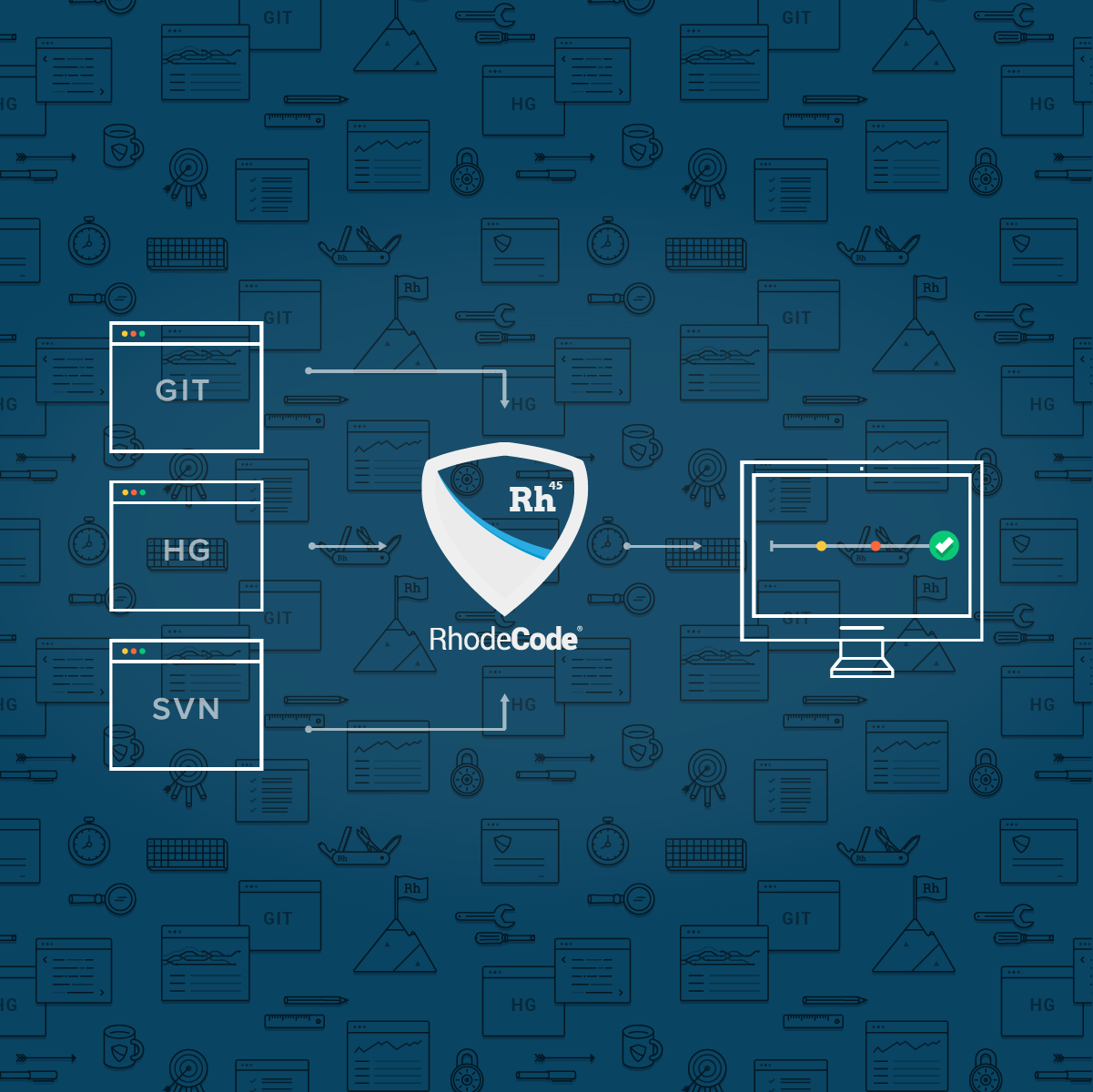Overview
Discover what makes Isso powerful
Isso is a lightweight, Python‑based commenting server that emulates the functionality of Disqus while remaining fully self‑hosted. It exposes a minimal RESTful API for posting, editing, and retrieving comments, and serves a single compressed JavaScript bundle that can be embedded in any static or dynamic website. The design deliberately favors simplicity: comments are stored in a single SQLite database, the client is under 65 kB (20 kB gzipped), and the server runs on any platform that supports Python 3.8+. This makes Isso an ideal fit for developers who need a drop‑in commenting layer without the overhead of large data stores or external services.
Markdown support
Edit/delete window
Moderation queue
Import utilities
Overview
Isso is a lightweight, Python‑based commenting server that emulates the functionality of Disqus while remaining fully self‑hosted. It exposes a minimal RESTful API for posting, editing, and retrieving comments, and serves a single compressed JavaScript bundle that can be embedded in any static or dynamic website. The design deliberately favors simplicity: comments are stored in a single SQLite database, the client is under 65 kB (20 kB gzipped), and the server runs on any platform that supports Python 3.8+. This makes Isso an ideal fit for developers who need a drop‑in commenting layer without the overhead of large data stores or external services.
Key Features
- Markdown support – Users can write comments using Markdown, which the server parses and sanitizes before rendering.
- Edit/delete window – Comment authors can modify or delete their own comments within a configurable time window (15 minutes by default).
- Moderation queue – Comments can be held in a pending state until an admin approves them, keeping public content clean.
- Import utilities – Built‑in importers for Disqus and WordPress comment feeds allow painless migration from popular platforms.
- Client configurability – The JS client accepts a variety of options (API endpoint, theme colors, moderation settings) via data attributes or JSON configuration.
Technical Stack
- Language: Python 3.8+ (server side), JavaScript (client)
- Framework: FastAPI‑style minimal routing, no heavyweight frameworks
- Database: SQLite 3.3.8+ (single file, ACID‑compliant)
- Dependencies:
aiohttpfor async HTTP handling,markdownfor parsing, and a small set of pure‑Python packages - Packaging: Distributed via PyPI; Docker images are maintained on GitHub Container Registry (
ghcr.io/isso-comments/isso:release)
The server’s core is a thin HTTP API that accepts JSON payloads for comment creation, updates, and retrieval. It validates input, sanitizes Markdown to prevent XSS, and writes records atomically to SQLite using asyncio‑compatible drivers. The client bundle communicates with the API over fetch, handling CSRF tokens, pagination, and real‑time updates via long polling.
Deployment & Infrastructure
Isso is designed for self‑hosting on anything from a single Raspberry Pi to a production Kubernetes cluster. Because it relies only on SQLite, scaling horizontally requires careful consideration: each instance writes to its own database file, so read‑scaling is trivial but write coordination necessitates a shared filesystem or external synchronization layer. Docker images make containerization straightforward; developers can pin to a specific release tag (isso:0.13.0) for reproducibility and roll back if needed. For high‑availability setups, a reverse proxy (NGINX, Traefik) can route traffic to multiple Isso replicas behind a load balancer.
Integration & Extensibility
Isso exposes a RESTful API that can be consumed by custom front‑ends or integrated into existing CMS workflows. Webhooks are not built in, but the API’s event hooks can be wrapped by external services to trigger notifications or analytics. The configuration file (config.ini) allows developers to tweak database paths, port numbers, and moderation policies without touching code. While there is no plugin system per se, the lightweight architecture encourages developers to fork and extend the server with new endpoints or authentication mechanisms (OAuth, JWT) as needed.
Developer Experience
The project is well‑documented: a comprehensive online manual covers installation, configuration, API reference, and troubleshooting. The codebase follows PEP‑8 conventions, with type hints and unit tests that run on GitHub Actions. Community support is active through IRC (#isso on Libera.Chat) and GitHub Discussions, and the issue tracker is responsive to feature requests. The MIT license gives developers full freedom to modify or embed Isso in commercial products.
Use Cases
- Static site comment layers – Deploy Isso behind a CDN‑served static site (e.g., Hugo, Jekyll) to add threaded discussions without a CMS.
- Enterprise knowledge bases – Embed Isso into internal documentation portals to allow peer review and moderation of comments.
- Open‑source projects – Provide a self‑hosted discussion board for issue triage or feature discussions, avoiding third‑party dependencies.
- Low‑budget blogs – Add a commenting system to WordPress or Ghost sites via the import utilities, keeping hosting costs minimal.
Advantages
Isso offers performance and resource efficiency thanks to SQLite and an async Python runtime. Its small footprint (single JS bundle) reduces client load times, while the absence of external services eliminates latency and privacy concerns. The open‑source MIT license combined with a modular codebase gives developers the flexibility to customize authentication, moderation workflows, or data persistence without vendor lock‑in. In environments where control over user data and uptime is paramount, Isso presents a compelling alternative to hosted solutions like Disqus or proprietary comment systems.
Open SourceReady to get started?
Join the community and start self-hosting Isso today
Related Apps in apis-services
Mastodon
Decentralized, real‑time social networking
Discourse
Open‑source community forum platform with real‑time chat and AI
Rocket.Chat
Secure, open‑source team communication platform
Novu
Unified notification platform for multi‑channel delivery
Mattermost
Secure, self‑hosted team collaboration with chat, voice, and AI
Jitsi Meet
Free, encrypted video conferencing for everyone
Weekly Views
Repository Health
Information
Explore More Apps
Buku
Portable, privacy‑first bookmark manager with CLI and web UI
FeedCord
Discord‑centric RSS & YouTube feed reader
OwnTracks Recorder
Lightweight MQTT/HTTP location data logger for OwnTracks devices
Mindwendel
Collaborative idea‑generation and upvoting platform

RhodeCode
Unified source control for Git, Mercurial, and Subversion
PufferPanel
Centralized Game Server Management for All Platforms
